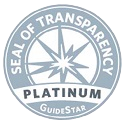Research & Evaluation
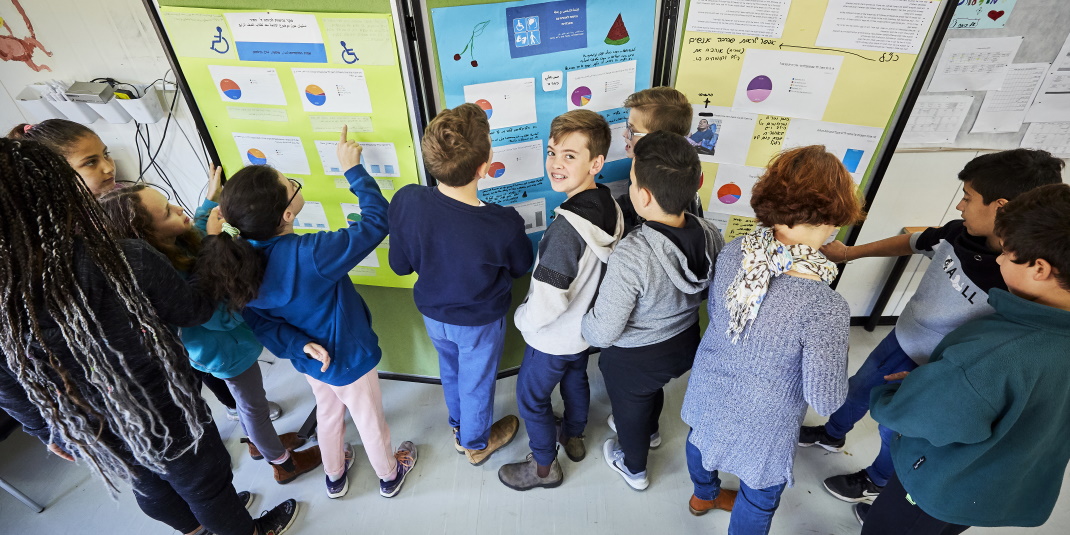
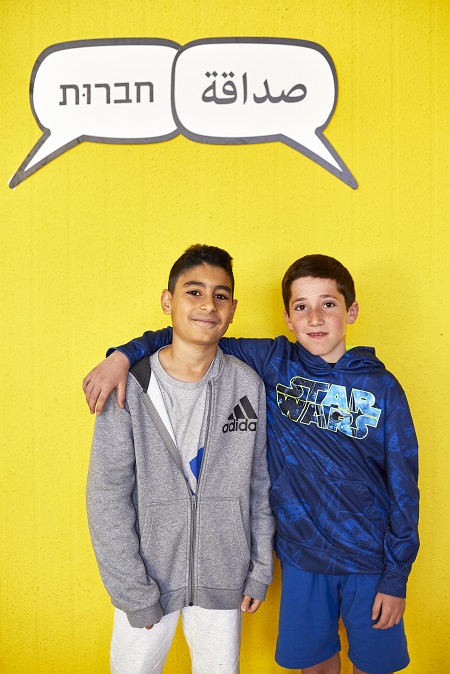
EXTERNAL RESEARCH
Hand in Hand is the only school network providing integrated, bilingual Jewish-Arab education in Israel. Its uniqueness in the country’s segregated education system draws the support of people committed to equality and shared society. It also draws the keen interest of academics who seek to study and measure Hand in Hand’s methodology, practices and outcomes.
Researchers have explored our work from multiple angles. They have focused on specific areas of our work, such as how it promotes community building, how it nurtures second language acquisition, how it reduces essentialism, how it fosters empathy, and how it impacts our alumni. In addition, they have also explored our work more broadly, researching how Hand in Hand’s model facilitates peacebuilding between Arabs and Jews.
These academic studies yield findings on Hand in Hand’s substantial effectiveness. They also indicate points on which we can continue to hone and adapt our model to advance our mission with even greater success.
KEY FINDINGS
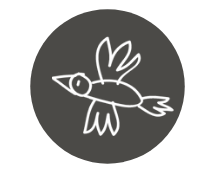
HAND IN HAND MODEL
The Hand in Hand model teaches about multiculturalism and, at the same time, ensures that students “actually practice and experience a lifestyle that upholds the ideals of multiculturalism, equality and democracy” (Paul-Binyamin and Jayusi, 2018).

BILINGUALISM & SECOND LANGUAGE ACQUISITION
Hand in Hand’s bilingual approach encourages flexible bilingualism, “enables bilingual children to learn their second language effectively,” and encourages children’s active engagement in the classroom (Schwartz and Asli, 2014).

EDUCATIONAL APPROACH
In recognizing both Jewish and Arab students’ narratives, Hand in Hand’s educational approach simultaneously develops empathetic and critical thinking skills (Bordonaro, 2016), and the schools’ integrated framework reduces children’s essentialist bias towards ethnicity (Deeb et. al, 2011).

COMMUNITY BUILDING
Hand in Hand’s community programming enhances participants’ positive feelings about “the other,” their belief that peace is possible, and their understanding that dialogue is vital for mitigating conflict (Guzman and Khatiwada, 2019).

ALUMNI
Hand in Hand graduates adopt perspectives which help them overcome hatred, fear, and anger while recognizing present sociopolitical complexities and difficulties” (Bekerman, 2018).
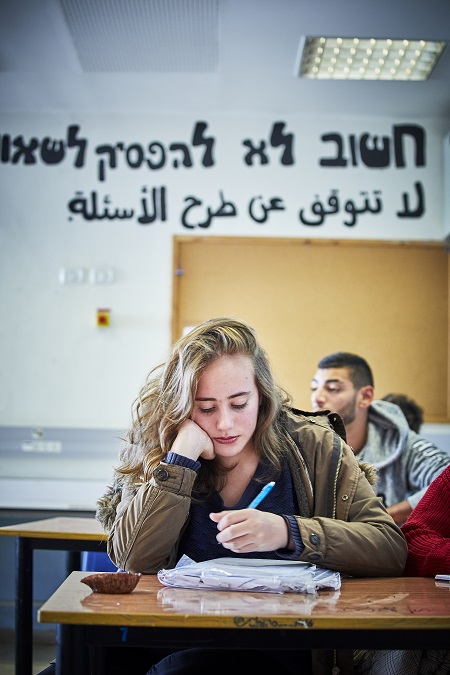
INTERNAL EVALUATION
As Israel’s leader in the field of shared society education, Hand in Hand takes responsibility for continuous evaluation of its work in order to assess impact, determine areas for improvement and development, and share lessons with others in the field.
Over the past few years, we have concentrated on developing our internal monitoring and evaluation practices to create comprehensive evaluation plans that use both qualitative and quantitative methods to determine the measurable outcomes of our work.
Recent internal evaluations have explored a range of topics, including:
- Hand in Hand Alumni – What have alumni undertaken since completing their studies at Hand in Hand, how were they affected by their Hand in Hand education and experience, and what is their potential to effect change in Israeli society?
- Hand in Hand Community Dialogue Programming – How does the Hand in Hand “Madrassah” Program – a cross-cultural learning and dialogue framework – impact participants’ attitudes, beliefs, perceptions, and motivations for action?
- Afterschool Care and the Impact on Hand in Hand’s Jaffa Community – How does the after-school care program in Hand in Hand’s Jaffa preschools impact employment and welfare among families with low socio-economic status?


